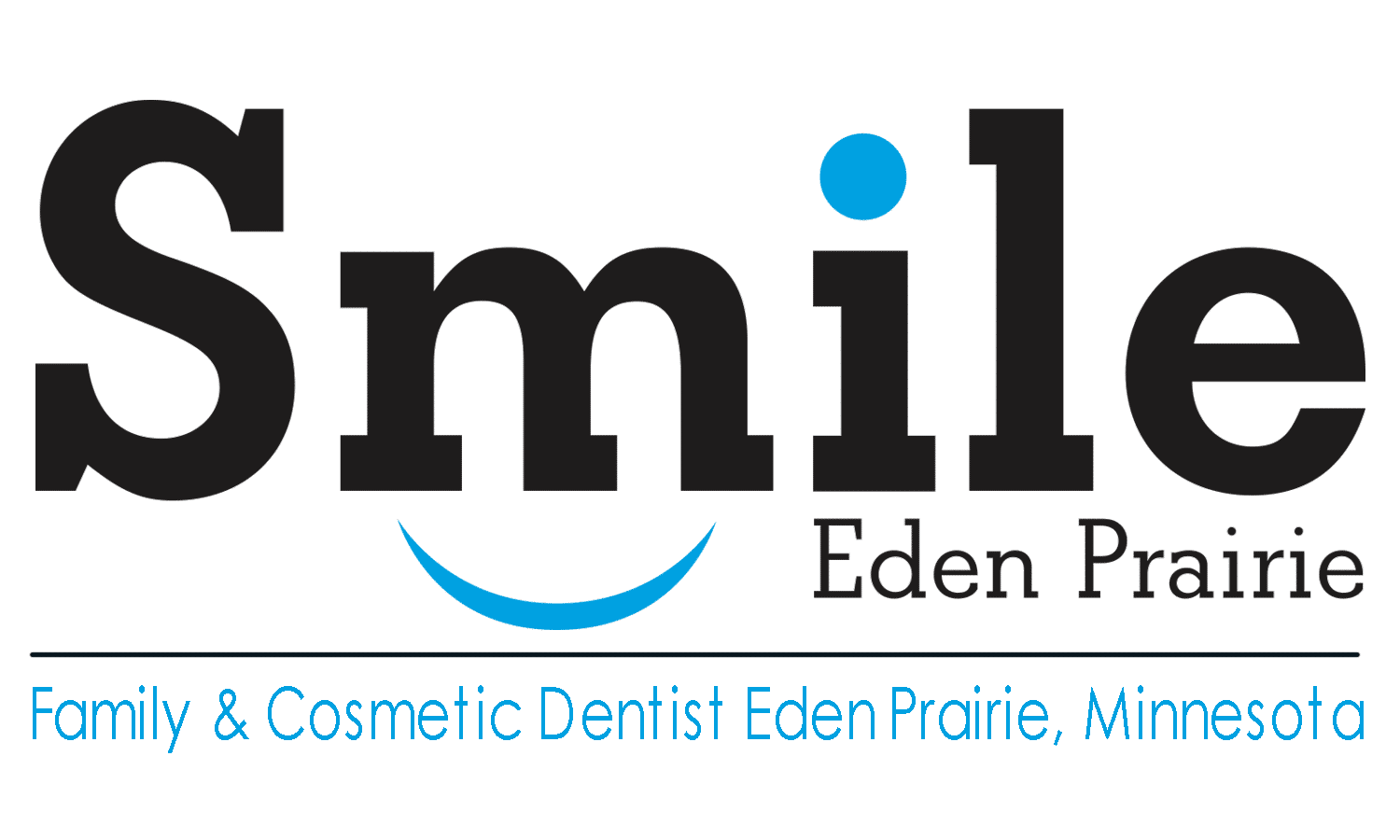Dentists and Prescriptions or Medication
It is possible for medications to impact your oral health. This is even true for vitamins and herbs. As a result, everyone should discuss the medications and vitamins they are taking with their dentist.
Dry mouth is a frequent side effect caused by medication. Dry mouth can occur from taking medication such as antacids, medication for allergies, blood pressure pills, antidepressants and sedatives.
Saliva is critical to protect mouth tissues. People who struggle with a dry mouth often experience excess plaque and the subsequent issues including gum disease and cavities.
A more serious side effect some people experience is bleeding. Certain anticoagulants can lower the ability for blood to clot. Some of the common over-the-counter drugs that can cause this include aspirin and ibuprofen.
It is important to discuss any and all medications with your dentist. This allows them to consider side effects and allows them to effectively diagnose and treat your oral health issues.
Dentists may prescribe various medications as part of your treatment. Medications can be used to combat oral diseases, to prevent or treat infection, for pain management and for anxiety.
Your dentist will provide information regarding any prescribed medications. It is critical to understand the medication, follow the prescribed dosage and discuss any potential side effects.
Pain and anxiety medications
Many dentists will use a local anesthetic, general anesthesia, nitrous oxide and intravenous sedation for managing anxiety and pain. Other pain relievers include anti-inflammatory medications (ibuprofen), acetaminophen (Tylenol) and local or general anesthetics.
Anti-inflammatory medications
Anti-inflammatory medications or corticosteroids are used to relieve pain and redness in the mouth and gums. This type of medication requires a prescription.
A nonprescription anti-inflammatory may also be used. Anti-inflammatory medications can help relieve pain and swelling caused by dental appliances and toothaches.
Anesthetics
Dental anesthetics are used to relieve pain or irritation caused by a variety of conditions. Anesthetics can help provide relief from toothaches, teething, cold sores, canker sores and fever blisters. Anesthetics are available by both prescription and over-the-counter. The can come in many different forms including: aerosol spray, dental paste, gel, lozenges and ointments.
Plaque and gingivitis
Chlorhexidine is an antibiotic medication which is used to help control plaque and gingivitis. This is typically available as a mouth rinse.
Antiseptics
Your dentist may encourage the use of an antiseptic mouth rinse. This an over-the-counter product can help reduce plaque, gingivitis and germs which can cause bad breath.
Medications to prevent tooth decay
Many dentists recommend using fluoride to prevent tooth decay. There are many nonprescription fluoride toothpaste options available. The fluoride is absorbed by the tooth to help strengthen, resist acid and fight bacteria. Fluoride can also help with tooth sensitivity.
Dry mouth medications
Dentists may prescribe pilocarpine for patients experiencing dry mouth. Pilocarpine works by stimulating the production of saliva.
Antifungals
Antifungals are prescribed and used in the treatment of oral thrush. The goal of this medication is to prevent the spread of the Candida fungus. Antifungal medicines are typically available in tablets, lozenges and liquids.
